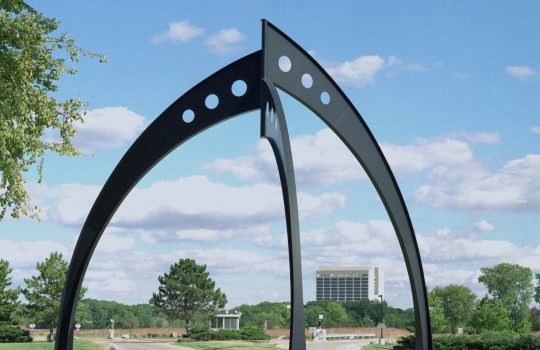Robert J. Zimmer, chancellor emeritus and 13th president of the University of Chicago, 1947-2023
U Chicago News, May 23, 2023: Robert J. Zimmer, the 13th president of the University of Chicago, died May 23 at age 75. He is being remembered for his historic contributions to enhance the University’s scholarly eminence, transformative education and positive impact in the world during his 15 years as president.

